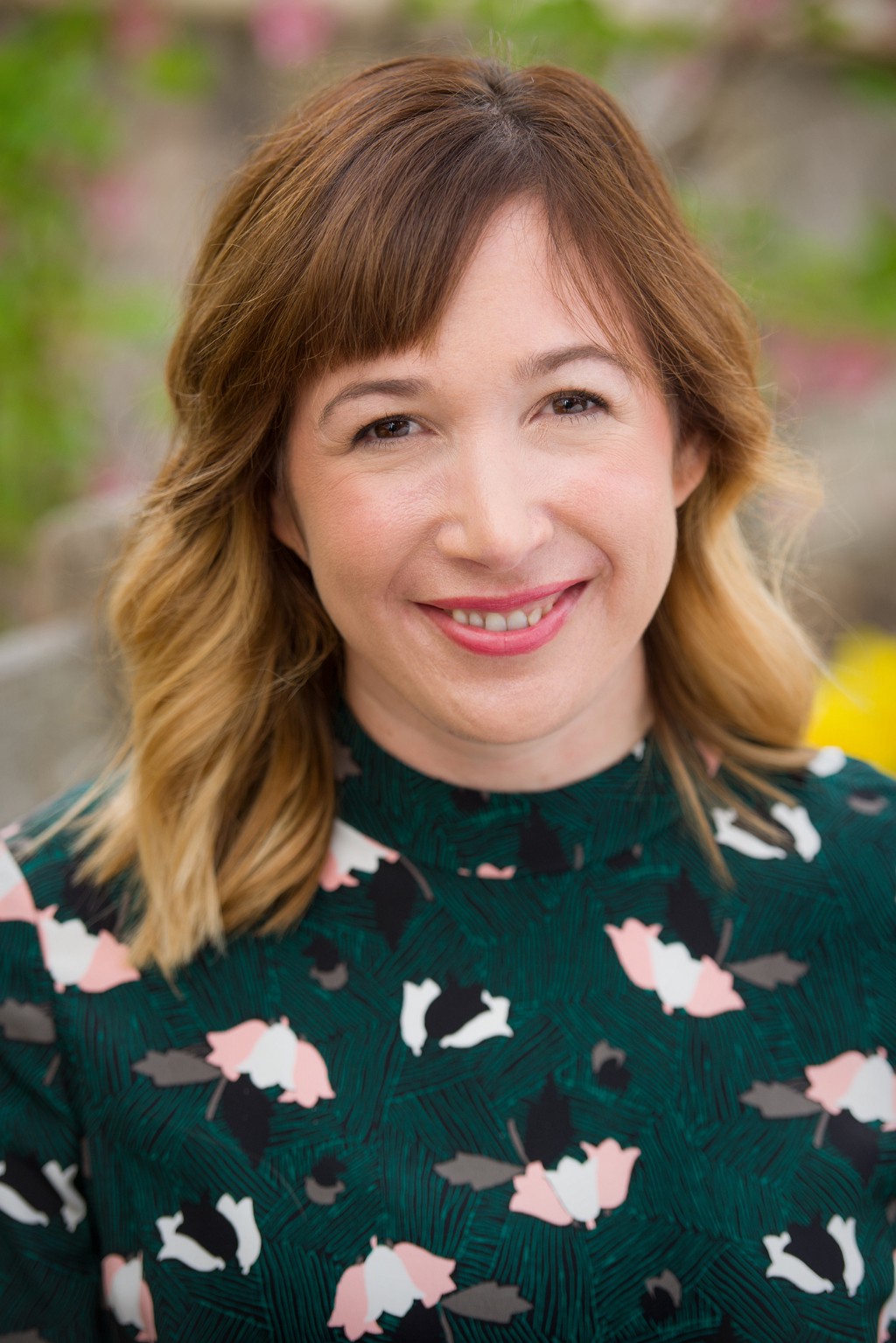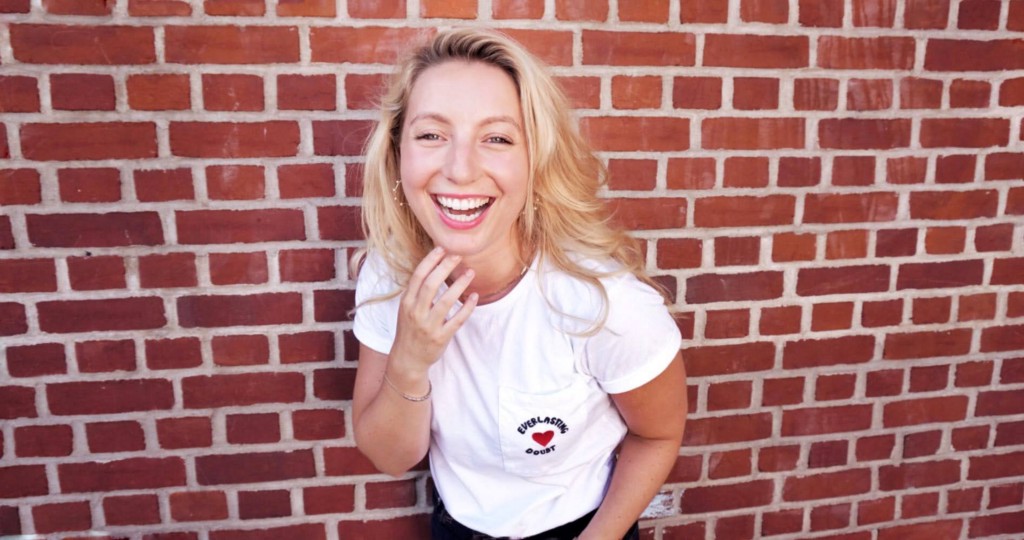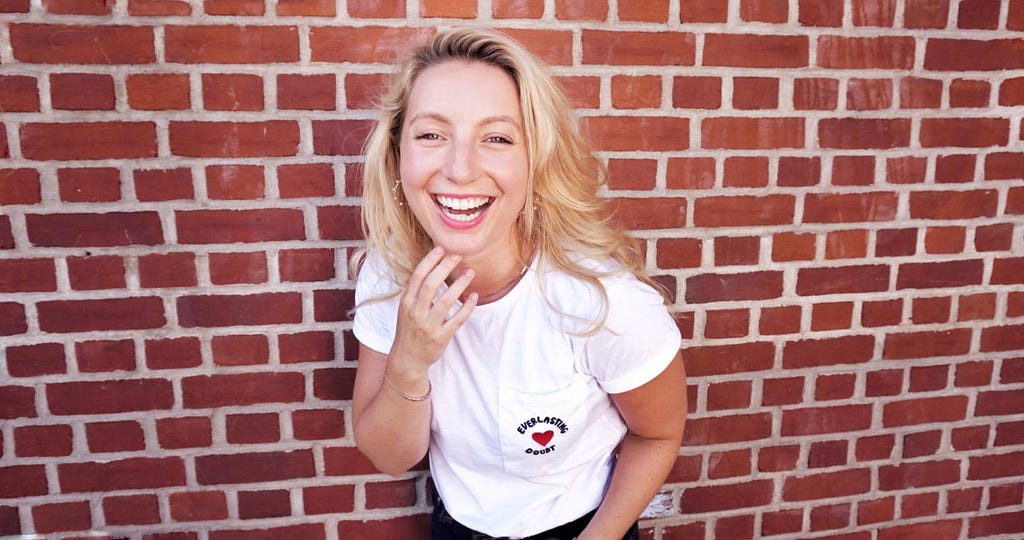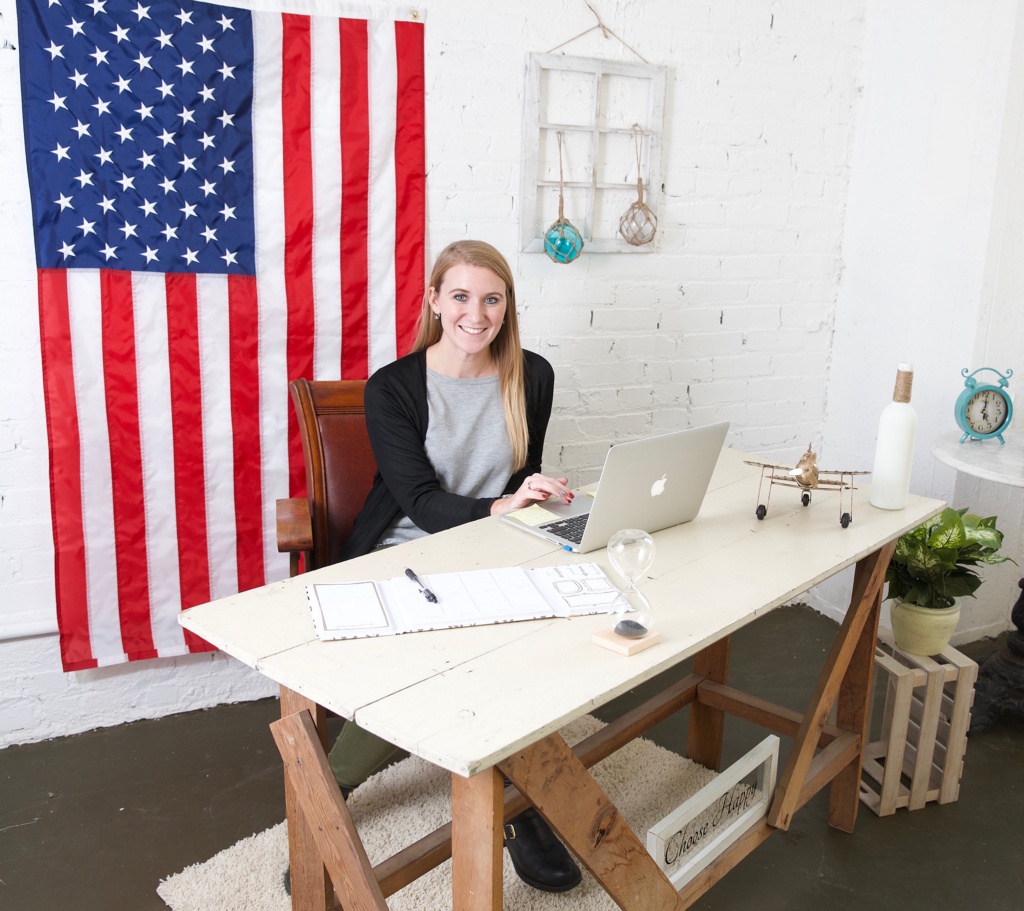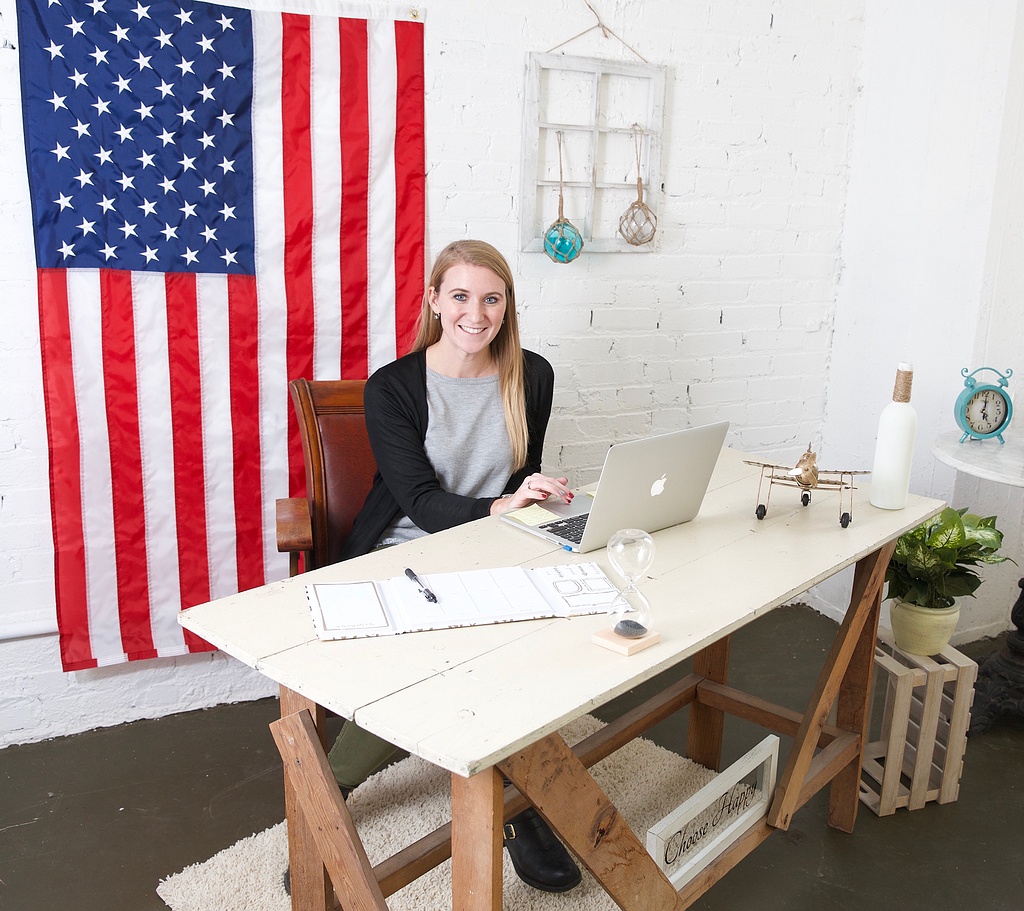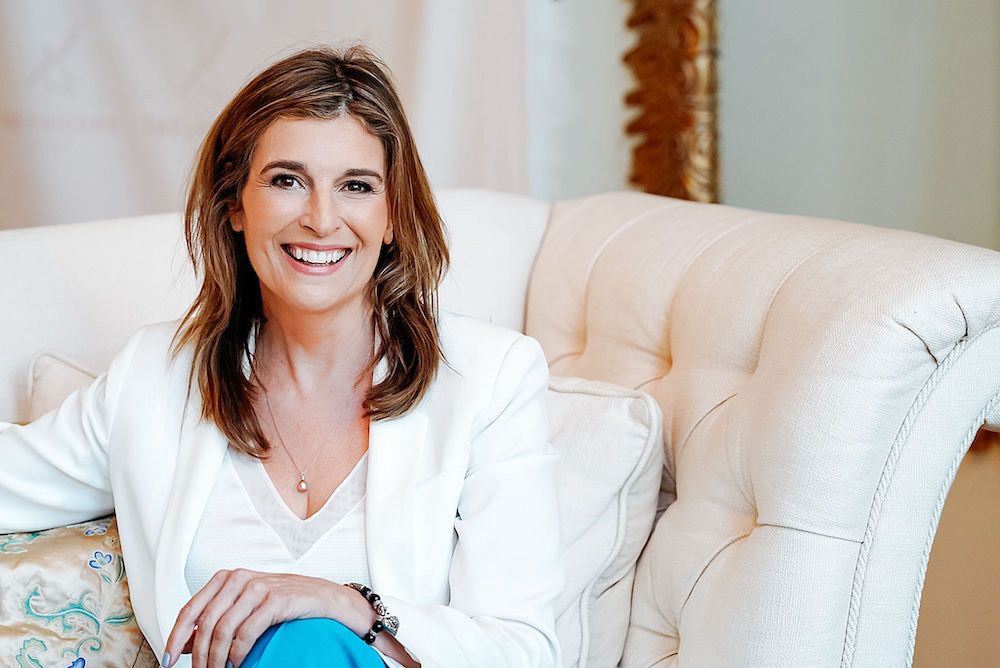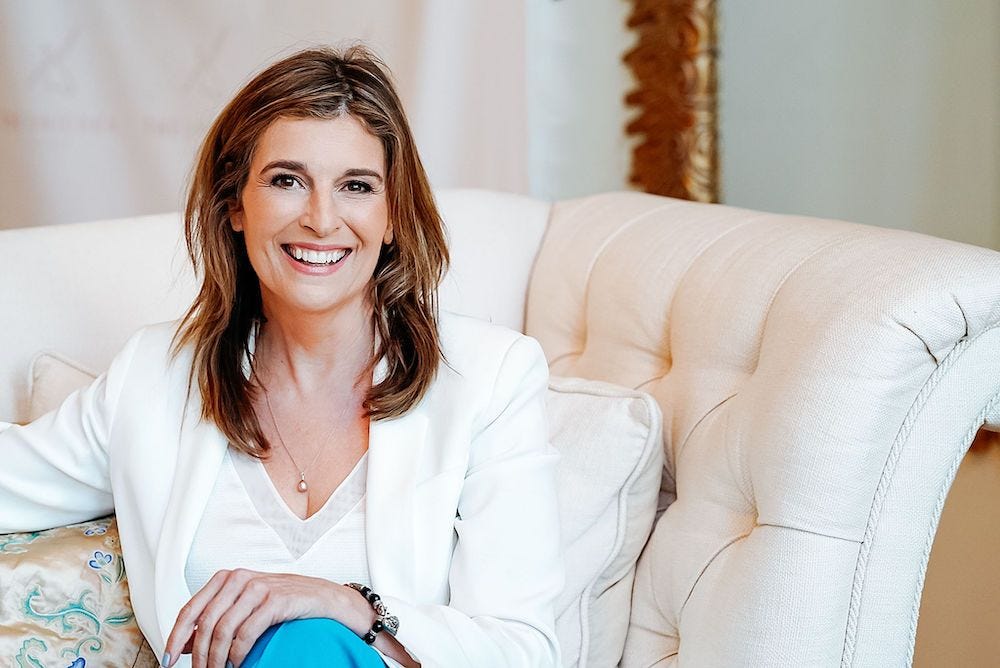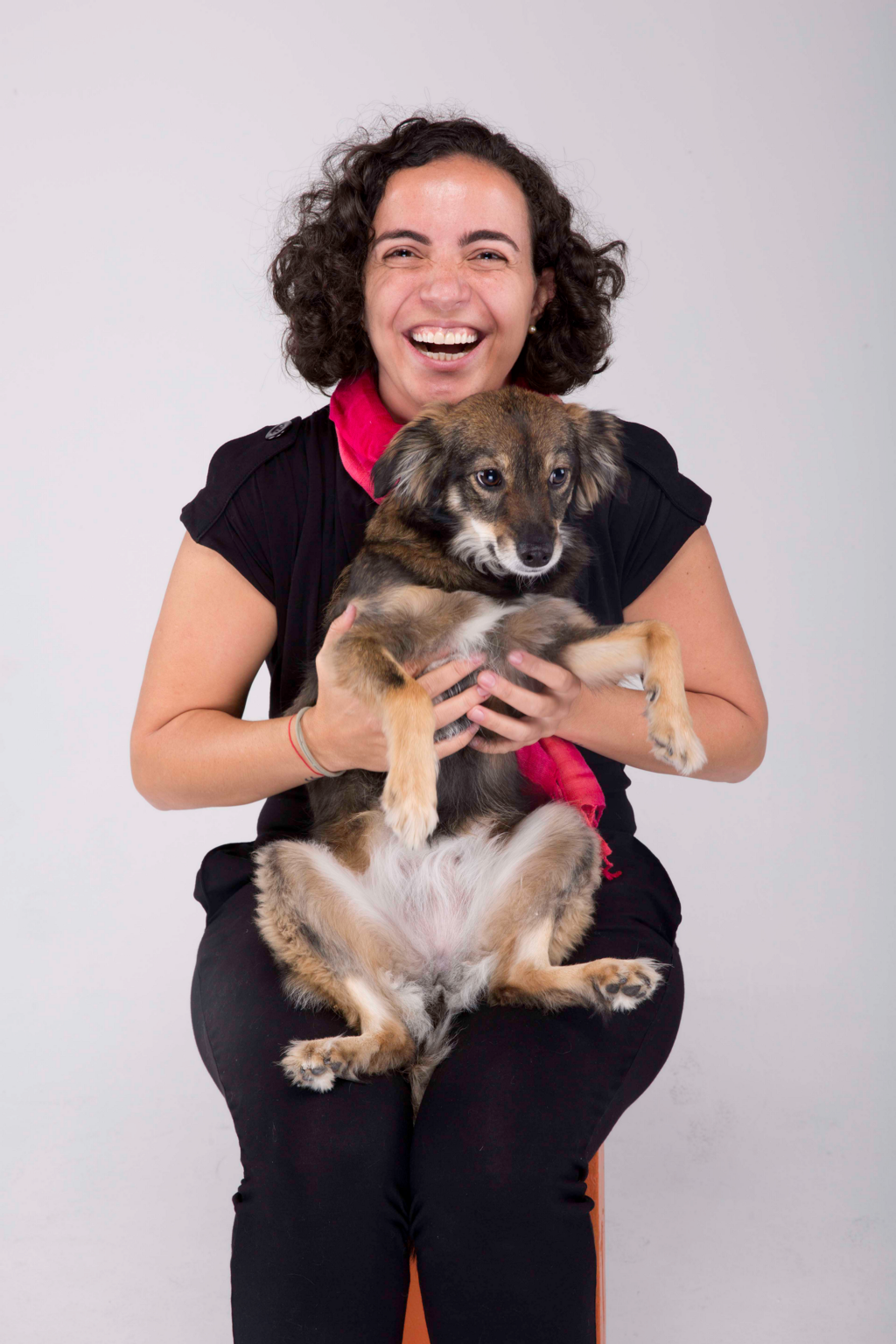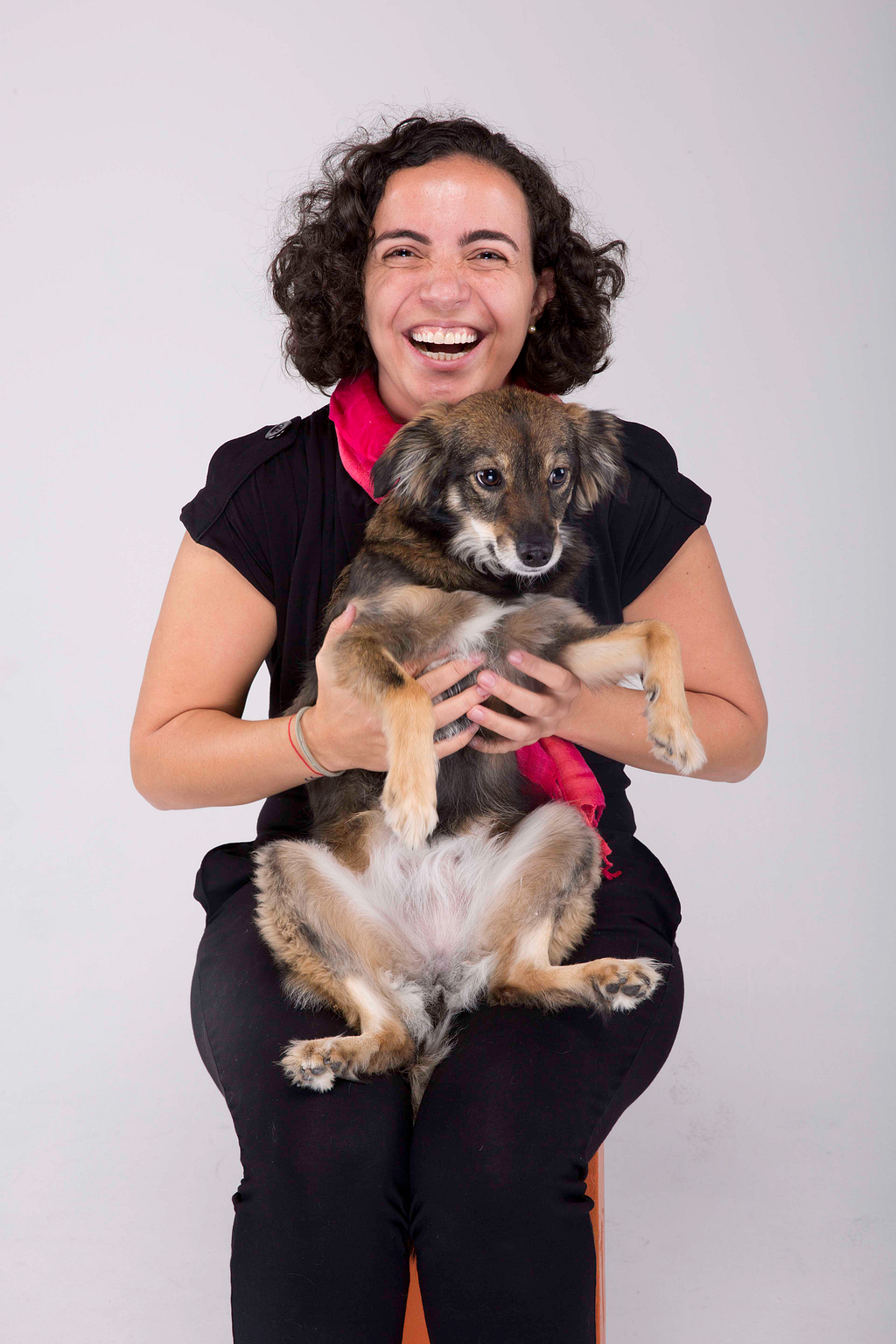Female Disruptors: Erin Levine of Hello Divorce On The Three Things You Need To Shake Up Your Industry
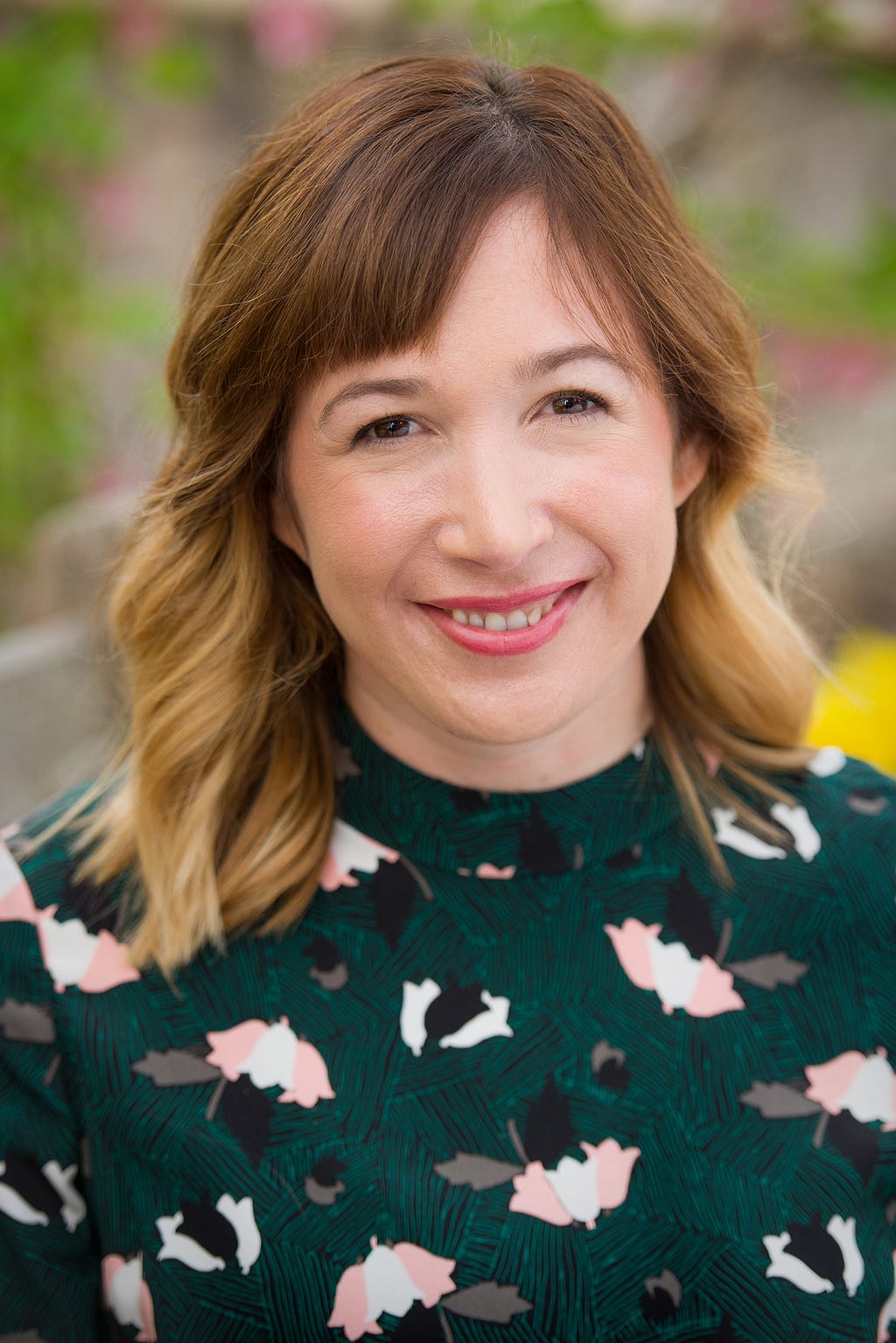
Hello Divorce — a “modern break up service” that allows consumers to “opt out” of the legal system and get divorced peacefully and conveniently. I leveraged my knowledge of the law to design a process that guides the consumer through divorce, start to finish. If they need a little extra help along the way, they can access legal help, on-demand, in increments as small as 30 minutes. In other words, lawyers are available, but they are not the center of the case.
As a part of our series about women who are shaking things up in their industry, I had the pleasure of interviewing Erin Levine.
Erin Levine is an entrepreneur, legal innovator, and Certified Family Law Specialist. She is the founder and CEO of Hello Divorce, a “modern breakup service” offering an affordable, convenient, and low conflict divorce option through a revolutionary web application, the Divorce Navigator. Her legal technology and access to justice work has been recognized by the legal industry and beyond — with recent awards from the American Bar Association, Women Founders Network, Super Lawyers, Duke University School of Law and Fastcase 50, which honored the law’s smartest, most courageous innovators, techies, visionaries and leaders.
Thank you so much for doing this with us! Before we dig in, our readers would like to get to know you a bit more. Can you tell us a bit about your “backstory”? What led you to this particular career path?
It’s my pleasure. As a late teen I was a Plaintiff in a civil lawsuit and a witness in a criminal action. The defendant, my childhood gymnastics coach, was incredibly abusive to me and several other teammates — manipulating us to keep quiet while he promised that he’d make good on our dreams of competing in the Olympics. While I received “justice” in the traditional sense of the word (he went to prison), I found the whole process to be frightening, confusing, disempowering, inefficient and overly expensive. The experience ignited my interest in the legal field — especially consumer facing areas of law. After managing my law firm for several years, I set out to build a company that makes law more accessible (read: easier to understand) and affordable without compromising the quality of legal services. Enter Hello Divorce.
Can you tell our readers what it is about the work you’re doing that’s disruptive?
The legal system is one of the last industries to embrace technology — primarily because the regulatory scheme discourages innovation so as to protect the “status quo” — the billable hour and a seller’s market. The entire divorce system is stacked against us. It’s overwhelming and outdated. It encourages conflict and is unreasonably inefficient. But consumers have had enough and they no longer want to pay thousands in legal fees just to exit a relationship. Unfortunately, online “DIY” services do not offer enough support to the average person because court forms and procedures are extremely confusing and dissolving the marital “contract” is financially complicated and fraught with emotional triggers and profound implications.
Enter Hello Divorce — a “modern break up service” that allows consumers to “opt out” of the legal system and get divorced peacefully and conveniently. I leveraged my knowledge of the law to design a process that guides the consumer through divorce, start to finish. If they need a little extra help along the way, they can access legal help, on-demand, in increments as small as 30 minutes. In other words, lawyers are available, but they are not the center of the case. For as little as $99 per month, users have access to the Divorce Navigator, an easy to use web application that guides them through divorce — complete with AI powered form generating software, interactive checklists and tutorials. Upgrade to have your forms filed with the court and served with a click of a button or connect with lawyers on-demand. End result: A divorce that puts the focus squarely on your next chapter, not the conflict or trauma that got you to this point. Some cost and conflict are inevitable in divorce. But by creating the right tools and providing meaningful support, we’ve taken the average cost of divorce down from $20,000 per person to $1,500 per couple.
Can you share a story about the funniest mistake you made when you were first starting? Can you tell us what lesson you learned from that?
“Funny” wouldn’t be the word I’d used to describe most of the mistakes I’ve made! But one example I can think of is my assumption that making divorce less expensive, low conflict and easier to manage would be met with a warm reception. I thought it was a “no brainer” — nobody “likes” divorce but everybody recognizes a need to change how it’s done. Wow, was I wrong. Early on I struggled to gain traction. Journalists rejected my work citing that they only feature companies who offer a “societal good.” Comments on Facebook were the most mind blowing — we were accused of “encouraging” or “promoting” divorce — as if now that it is easier, everyone would run out and leave their spouse. I always look for a silver lining and there’s certainly one to this story — clients and friends helped accelerate our growth and community building by jumping to our defense and starting a new conversation around divorce. I’ll never forget how courageous some of our early supporters were.
We all need a little help along the journey. Who have been some of your mentors? Can you share a story about how they made an impact?
Sarah Lacy (TechCrunch, Pando Media and Chairman Mom) called me just after we launched (and were putting out fires left and right) to make a request: “Drop everything and head to Pulga (an old gold mining, Wild West town in the middle of nowhere) for four days to talk all things female entrepreneurship and tech.” I thought she was insane. Camping with 75 women in the middle of nowhere with no internet access? But I did it and it was by far, the most empowering, supportive and mind blowing few days ever. Startup life is a team sport — I definitely would not be where I am without my tribe.
We are sure you aren’t done. How are you going to shake things up next?
You have my number. I definitely am not done. We’re working on a few different projects right now. Most exciting is that we are gearing up to launch Hello Divorce nationally. That’s so tricky when the law varies from state to state (and sometimes county by county). By the time this article is published, we will be in California, Colorado and hopefully a few others!
In your opinion, what are the biggest challenges faced by ‘women disruptors’ that aren’t typically faced by their male counterparts?
I get this question a lot and I usually find a way to avoid it. Not that I don’t think it’s important to ‘call out’ the differences, but because there are so many other humans who have far more challenges than I do and I want to do what I can to highlight their experience. That being said, the two biggest differences I see between male and female founders have to do with (a) raising capital; and (b) perception of our “worth.” And, surprise surprise, they are definitely interrelated. There is no doubt about it — trying to get funding for your startup as a woman is not only next to impossible, it’s demoralizing. The questions my peers have received during investment rounds range from “Would you consider this a hobby or career?” to “Do you expect to have any more kids?” While the climate is definitely changing for the better, at present, women raise less than their male counterparts and only % of women founders receive venture capital.
Do you have a book, podcast, or talk that’s had a deep impact on your thinking? Can you share a story with us? Can you explain why it was so resonant with you?
I live in Podcasts. I credit them with so much of my success because there’s always an awesome episode for every pain point I’ve experienced along the startup journey. When I was first struggling with messaging and honing down on my ideal customer “avatar,” I turned to Donald Miller’s “Story Brand.” When I was transitioning from ‘brick and mortar’ to ecommerce, I spent a lot of late nights listening to Amy Porterfield’s “Marketing Made Simple.” I am obsessed with “How I Built This,” “The Angry Therapist,” and “Marketing School” with Neil Patel and Eric Siu (because they get right to the point). My favorite type of books are those that you can pick up, turn to any page, and feel home. These never get old and keep me inspired, accountable, empowered and motivated to (re) discover my relationship with my company, myself and the people I love. I usually turn to Cleo Wade, Jordan Sondler, Lalah Delia, Elise Joy, Tim Desmond and John Kim.
Can you please give us your favorite “Life Lesson Quote”? Can you share how that was relevant to you in your life?
I’ve got enough favorite quotes and mantras to fill an entire book. Just checkout my Instagram account (@hellodivorce) if you don’t believe me. But here are a couple I love:
“Honor your scars. They are proof you have lived.” — Cleo Wade. I don’t remember when exactly it happened — but I remember how it felt when it did. There was this energetic shift each time I was triggered — I no longer cringed with self-loathing and instead just noticed. Noticed how it felt to be reminded of my pain and trauma and then felt a sense of pride for how much I’ve overcome and who I’ve become. Imperfect but me. “Flawed. & (still) worthy.” (Another Cleo Wade quote).
A quote that feels particularly relevant right now is from Mr. Rogers: “When I was a boy and I would see scary things in the news, my mother would say to me, ‘look for the helpers. You will always find people who are helping.’ The last few months have been full of sorrow and outrage. And I know I am not alone. It’s so easy for white folks to hide behind privilege and live life in a bubble. But we cannot stand by and let our communities of color suffer or be silenced. Look for the helpers. Be a helper. Find your tribe. There’s something each of us can do. I’m proud of my community who has stepped up in so many different ways — from offering free legal services or highlighting minority voices to examining their own internalized racism and educating our kids. It will never feel like enough but if you surround yourself with the helpers, this is how we lift each other up and keep focused on pushing forward.
You are a person of great influence. If you could inspire a movement that would bring the most amount of good to the most amount of people, what would that be? You never know what your idea can trigger. 🙂
I truly believe that one of the greatest gifts we can give ourselves in this life is the chance to turn our obstacles into opportunities — our breakups into breakthroughs. But divorce is complicated. The system is complicated. It’s a system set up to create conflict, to pit spouse against spouse. If I could inspire a movement, it would be one that changes the culture of and conversation around divorce. The process is broken, but we don’t have to let it break us. So, I guess you could say that creating Hello Divorce is my attempt to start a movement to change the experience of divorce itself — to make divorce legal process manageable and to support people as they let go of shame and prioritize their relationship with self.
How can our readers follow you online?
I love meeting new people and innovators on social media. On Pinterest, Twitter, Facebook and Instagram, my handle is @hellodivorce. Connect with me on LinkedIn at https://www.linkedin.com/in/erinlevine/
Female Disruptors: Erin Levine of Hello Divorce On The Three Things You Need To Shake Up Your… was originally published in Authority Magazine on Medium, where people are continuing the conversation by highlighting and responding to this story.


